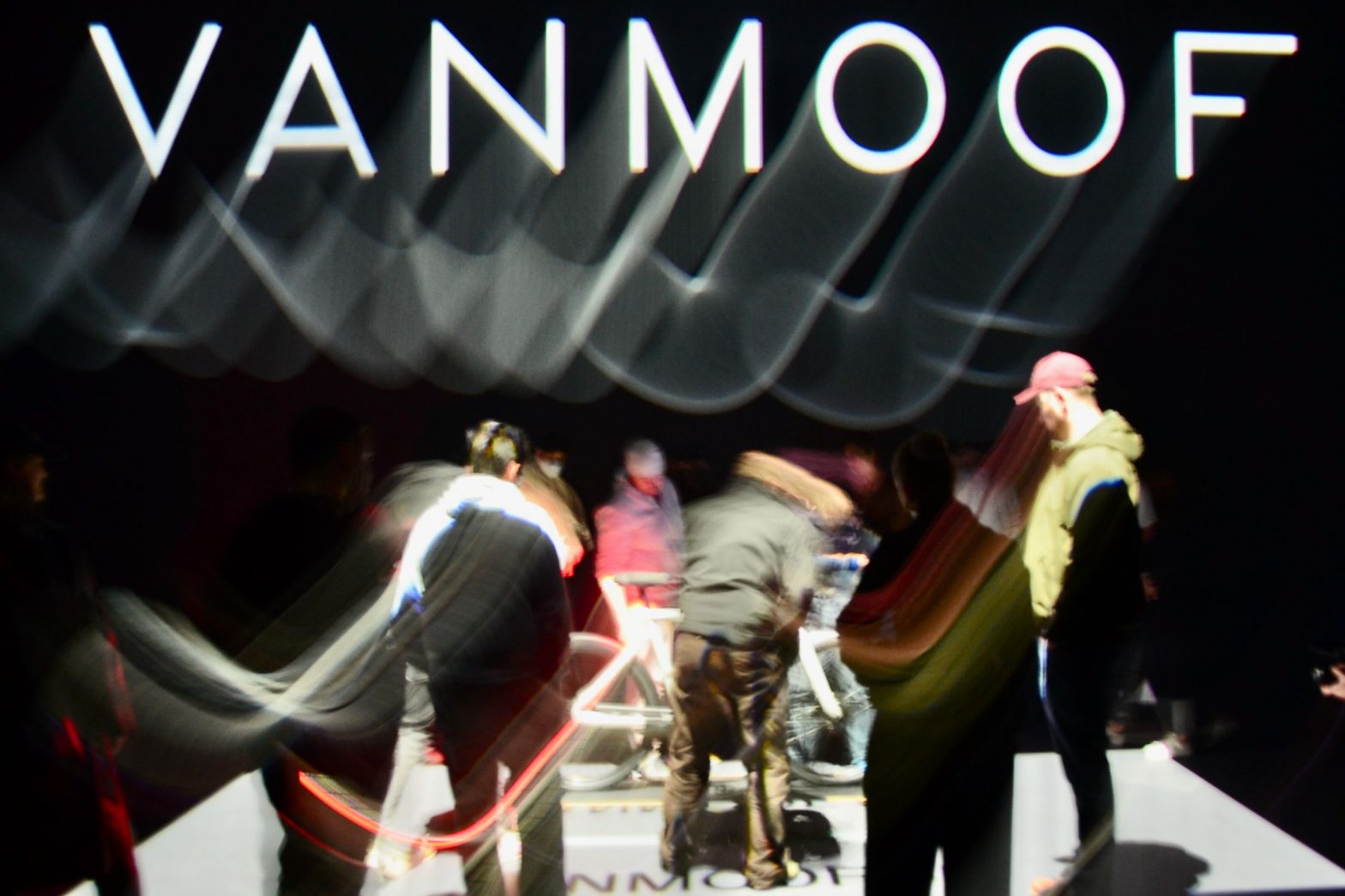/
Lavoie’s bid has been accepted by trustees for the remains of the once celebrated electric bike maker.
Share this story
:format(webp)/cdn.vox-cdn.com/uploads/chorus_asset/file/24834792/DSC_7588.jpeg)
Lavoie is buying bankrupt e-bike maker VanMoof. The e-mobility subsidiary of McLaren Applied announced today that it has entered into a definitive agreement to acquire the VanMoof e-bike business. The announcement gives new hope to the trailblazing brand and the more than 200,000 people who bought its high-tech e-bikes made from proprietary components.
“Under the terms of the agreement, the acquisition will see Lavoie and McLaren Applied inject stability into the VanMoof operations,” reads a press release, “then combining and integrating their premium capabilities to create a next-generation e-mobility business and establish a world-leading premium e-mobility offering.”
Lavoie, the new micromobility brand of McLaren Applied, announced its first electric scooter in late 2022 with deliveries of the $2,000 Series 1 foldable set to begin in November for the US, Europe, the UK. McLaren Applied is the former tech division of the McLaren Group — best known for its supercars — which focuses on delivering electrification, connectivity, telemetry, control, and analytic solutions for a range of vehicles from motorsports to public transport. Applied was purchased by the UK-based private equity firm Greybull Capital in 2021.
Before declaring bankruptcy in Dutch courts, Amsterdam-based VanMoof churned through about €200 million in investment capital since launching its first e-bike in 2016, and posted losses of nearly €80M in both 2021 and 2022. At the time of bankruptcy, VanMoof reported €143.8 million (about $155 million) in debt to financiers, suppliers, and tax authorities in its filing for Chapter 15 protection in the US, according to the Dutch-language publication Het Financieele Dagblad, or FD.
VanMoof engineered and assembled its e-bikes at a contracted factory in Taiwan, using mostly custom parts made exclusively for the company by its manufacturing partners. It’s the same approach to product development used successfully by Apple and Tesla, leading some to call VanMoof the “Tesla of bikes.” By scaling up quickly, the direct-to-consumer e-bike company could exert tighter control over its supply chain and steadily bring down prices while introducing new innovations, all in an attempt to upend an entrenched bicycle industry dominated by the likes of Accell, Pon, Giant, and Shimano. It all made sense… until it didn’t. Founders and brothers Ties and Taco Carlier failed to create a profitable business before access to cheap investor capital dried up.
In early July, the initiation of bankruptcy proceedings in the Netherlands brought a halt to VanMoof bicycle production and sales globally. Ever since, VanMoof owners have struggled to find spare parts to service their e-bikes, including the S3 and X3 models that proved to be wildly popular but prone to failures. Riders have also worried that critical VanMoof servers would suddenly be taken offline, disabling services needed by the highly-connected e-bikes, including the ability to open the integrated kick locks, get firmware updates over-the-air, and track the bikes when stolen. Today’s news should begin to restore some peace of mind to owners.
For all its recent trouble, VanMoof was an undeniable market disrupter, making e-bikes — once the domain of the elderly — cool for young commuters long before micromobility was even a word. Whether it can be again is for Lavoie to decide.
Developing…
